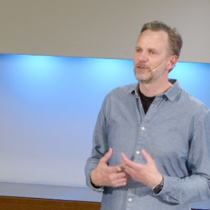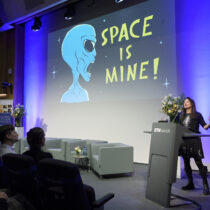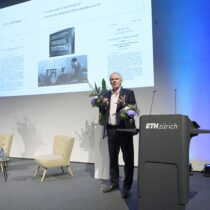Rebuilding Ukrainian Science and Innovation
May 29, 2024ETH Zurich, in partnership with the U.S. National Academies of Sciences, Engineering, and Medicine and the Simons Foundation, recently gathered a large group of representatives from the Ukrainian and international science, government and business sectors for a workshop on Rebuilding and Strengthening Ukrainian Science and Innovation in Support of Economic Recovery. As stressed in the introduction, Ukraine’s future will be built on its young people, with its scientists and innovators central to economic recovery. But the aim of helping Ukraine is also to serve Ukrainian science as a whole.
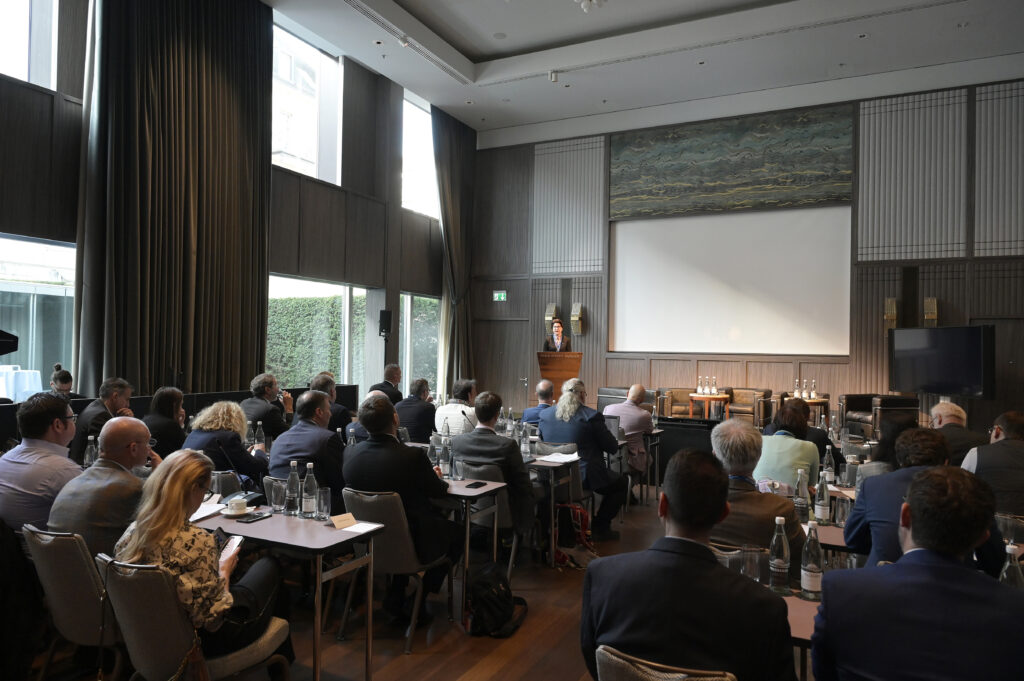
According to Yaroslav Prytula, Senior Vice-Rector of the Ukrainian Catholic University in Lviv, Ukraine, 20% of higher education institutions and 30% of research institutions in the country have been destroyed or damaged since the beginning of the 2022 Russian invasion. 20% of the scientific community have emigrated or moved from Ukraine, 20% of students are taking classes on site and 30% are doing so online, with 50% engaged in a hybrid of online and on-site studies.
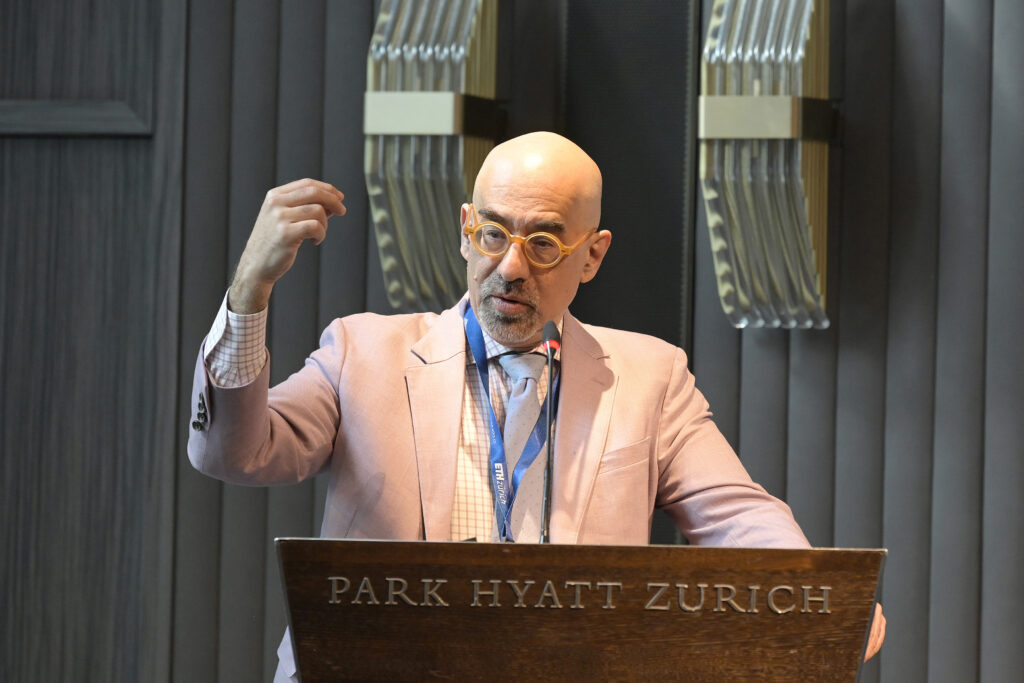
For many Ukrainians, the only way to overcome the war is by preparing for the future – by “winning the peace”. And that includes post-war recovery through support for Ukraine’s scientists and innovators. As laid out by Oleksiy Kolezhuk, the Deputy Head of the Scientific Committee, National Council of Ukraine on Science and Technology Development, what needs to be done is, for example, building networks for international collaboration, and facilitating commercialization and innovation. One example of the latter came from an investor during a question-and-answer period, who told attendees that the transfer of knowledge from scientists to business is already having a positive effect. With the war resulting in so many brain injuries, one instance of fast-track research-to-implementation was the development of a 3D projection of a brain MRI scan, which can be placed over the live brain as the surgeon works. Thanks to this development, surgeons don’t lose precious time looking over to MRI images on a monitor as they operate – and more patients can be saved. This shows that science-to-business solutions are not only about commercialisation – there is also critical and urgent humanitarian value in such projects.
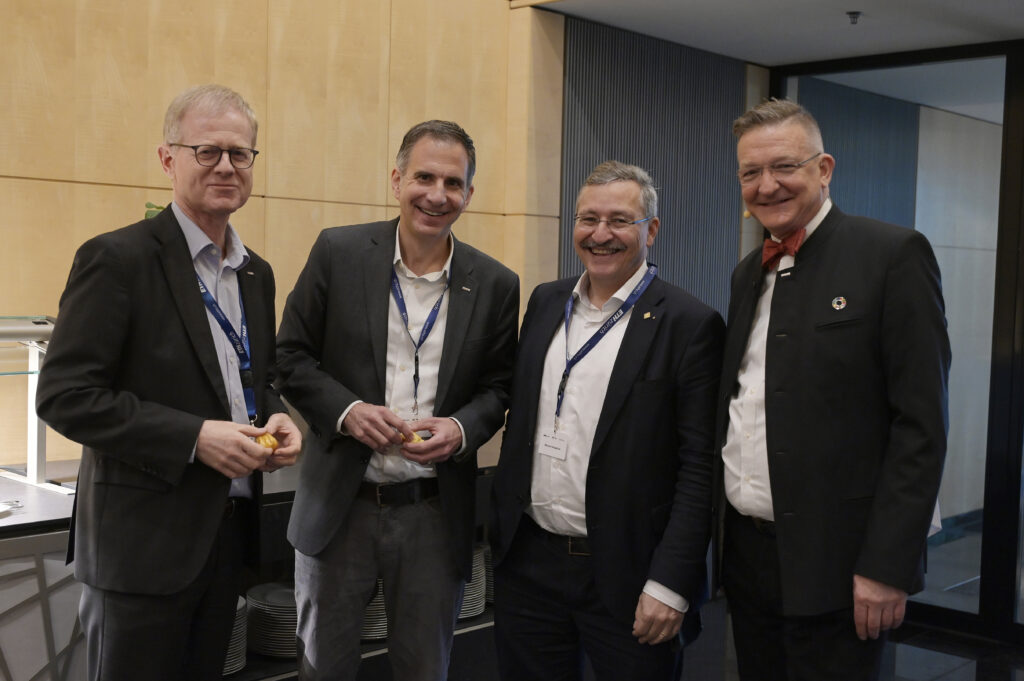
Another area in great need of development is the state’s involvement in moving basic research along from theory to application. It was generally agreed on by the workshop attendees that what is missing in the Ukrainian science system, which inherited the Soviet research structure, are links to industry and business for the application of research. The process of state funding for public, private, and international projects needs to be simpler, so that business can also support Ukraine’s scientific and economic growth.
Oleksandra Antoniuk, the Head of the Scientific Committee, National Council of Ukraine on Science and Technology Development emphasized that, with government research currently unable to support technology readiness above level 4 – where a scientific finding is not yet mature enough for application – the system must invest in and develop a culture of building teams and intermediate actors who can transfer knowledge from academia to industry.
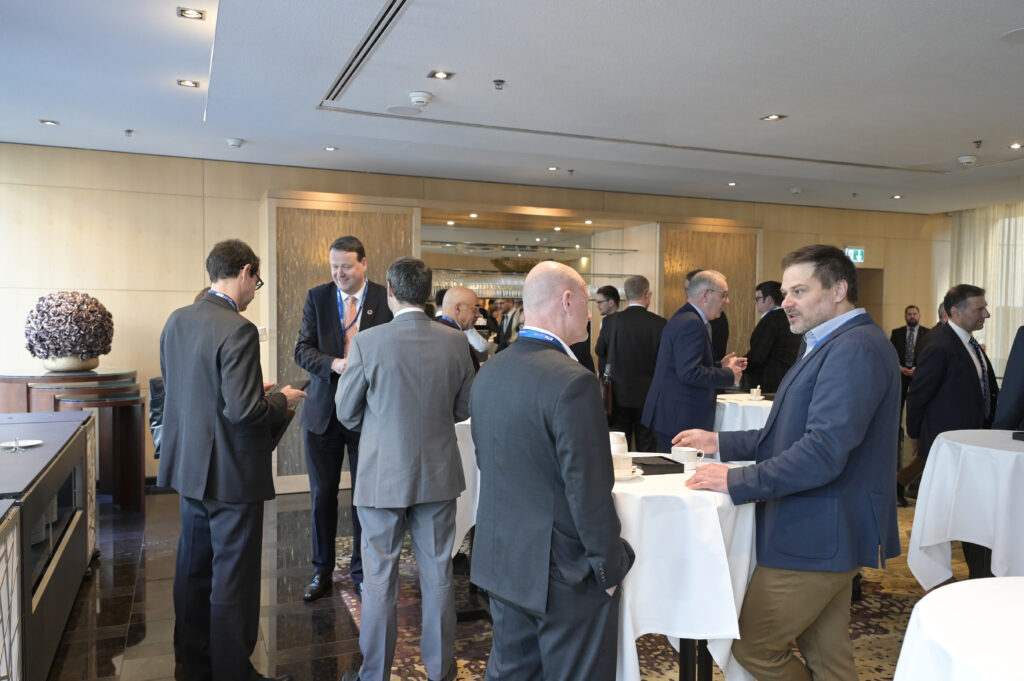
Valeriya Ionan, former entrepreneur and now Deputy Minister on Eurointegration, Ministry of Digital Transformation of Ukraine, outlined ways the government has been able to adapt to address these challenges. Formed just five years ago with a vision of digitisation to implement President Zelensky’s “State in a Smartphone” election promise, the Ministry developed the app and website Diia within four months, with which Ukrainians now apply for financial services and assistance, for example. She declares her Ministry undeterred by the war, instead finding ways to support not only Ukraine’s people, but also the military. “Instead of hoping, we act, because we cannot afford to lose.” The Ministry is lobbying its own government to change regulations to enable seven projects that would create new structures for innovation development in areas including MedTech, DefenceTech, XR, AgriTech, GreenTech, AUV and BioTech. Just one example of how peacetime innovations could help the war effort lies in AgriTech, which includes advances in demining technologies. The Ministry of Digital Transformation also collaborated on the military’s Army of Drones project, which received international support.
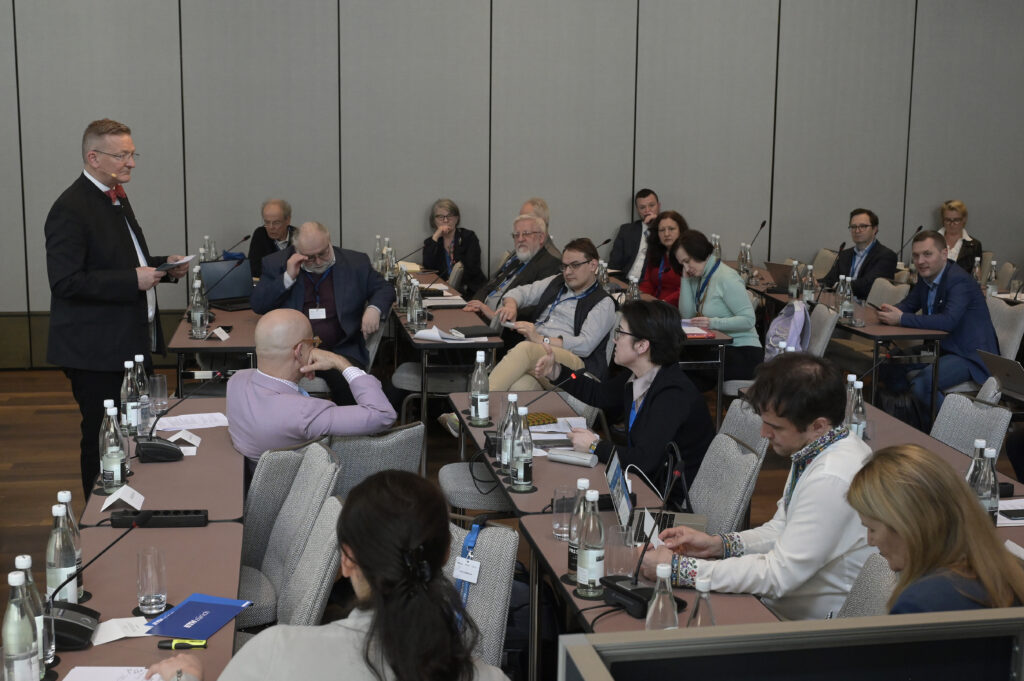
Apart from regulations and structures, some basic physical infrastructure is needed to perform research, create knowledge, and transfer these from academia to industry.
For example, clean rooms which control for airborne particles. These are essential for research using highly sensitive materials that could be contaminated. Maksym Yarema, Assistant Professor at the Department of Information Technology at ETH Zurich surprised many attendees with the news that in all of Ukraine, there are currently no clean rooms that can be used for research. Meanwhile, Switzerland has about 10. The call for support was heard and will be passed on. This serves as just one of many examples of the need for physical infrastructure to support Ukrainian science and research. The workshop highlighted the need to support Ukraine’s research and education system through investment, international partnerships, and further integration of Ukraine into European systems. Deputy Minister Ionan stated that Ukraine is open and ready to engage with international partners in this effort.
In the wake of the workshop, Luc Patthey from the Paul Scherrer Institute was pleased to announce that, following a discussion with ETH Zürich President Joël Mesot, Ambassador Jacques Ducrest, Head of International Relations Division at the State Secretariat for Education, Research and Innovation, and Laure Ognois from the Swiss National Science Foundation, a request for support of the Light for Ukraine project was submitted to the SERI/SNF in the amount of 1 MCHF. And that the request had since been approved.
Thanks to this grant, the contributions to the Light for Ukraine project currently stand at 2.5 MCHF. As a result, a significant part of the total budget for this project (6 MCHF) has already been secured. This impressive show of Swiss support for Ukraine will be announced at the 12th Global Research Council meeting in Interlaken on 30th May, 2024.


